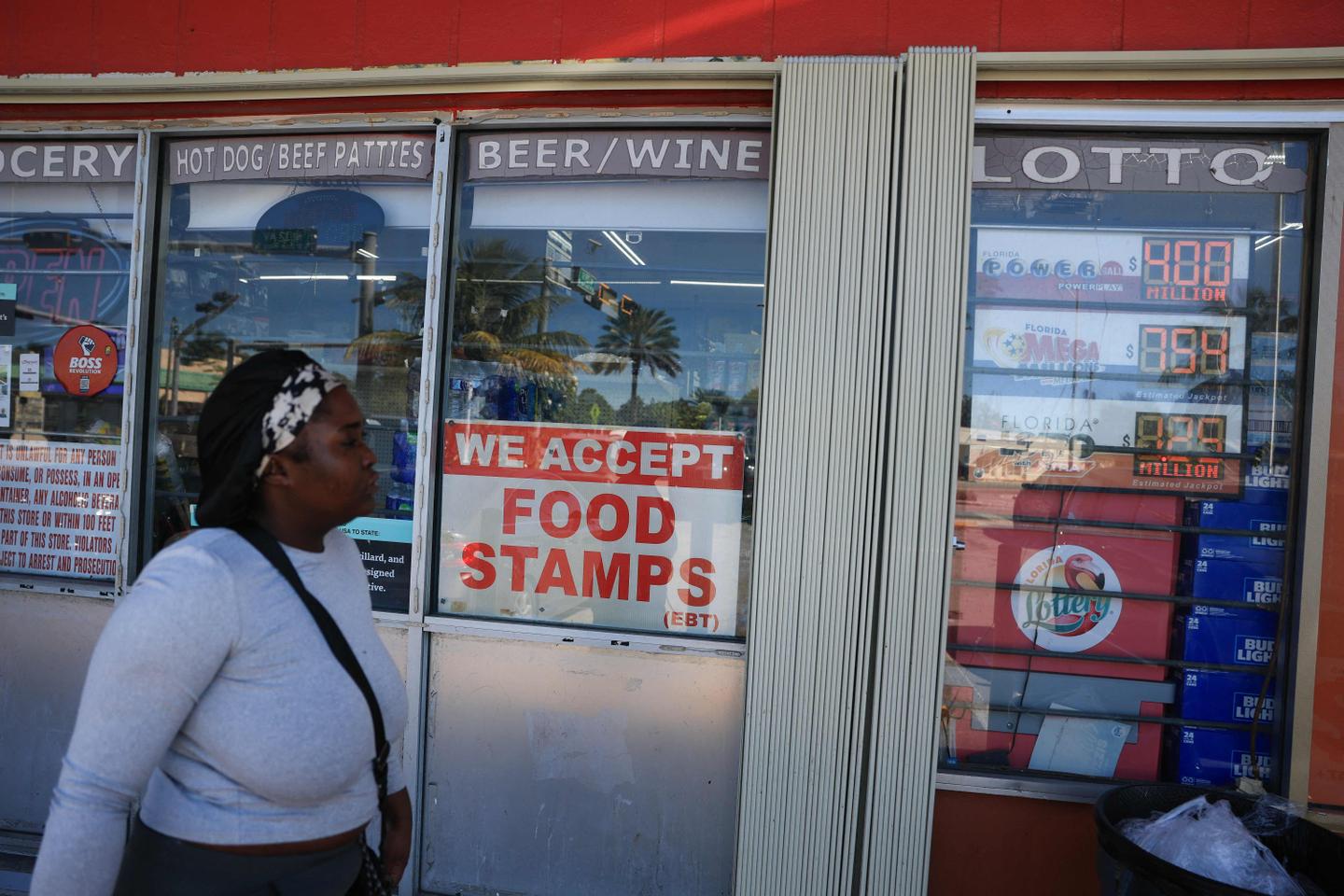For decades, the United States portrayed itself as the pinnacle of progress, morality, and modern civilization. Its media framed India and the Global South as lands of poverty and chaos, feeding generations of stereotypes about who was “developed” and who was not. Yet today, that same America finds itself standing in food queues, battling inflation, and struggling to meet the most basic human needs. More than 40 million citizens rely on food assistance, millions live one paycheck away from hunger, and the so-called land of abundance now grapples with the very instability it once preached against. It is not schadenfreude to observe this — only the quiet unfolding of karma, and the eternal reminder that the wheel of time never stays still.
Table of Contents
Times change, and with them, the balance of power. The world that once looked down upon others as “developing” is now struggling to hold its own ground. The glitter of the West hides a growing shadow — a reality of empty shelves, shrinking savings, and silent despair behind closed doors. For decades, nations like India were portrayed as stories of hunger and hardship, but history has a strange sense of justice. The same lens that once judged now reflects back. What was once seen as the symbol of weakness has become a mirror for the mighty — showing that no civilization, however advanced, is immune to decline when humility is lost.
The Empire That Mocked Poverty Now Feeds on It
Once upon a time, the Western world — led by the United States — crowned itself the savior of humanity.
They lectured Asia about poverty, preached morality from marble podiums, and printed poverty-porn out of Indian villages to sell the illusion of Western superiority.
But karma, as always, has an impeccable sense of timing.
Superpower in a Soup Line
Today, over 40 million Americans depend on food assistance.
Food banks in California, Texas, and New York are overwhelmed.
The land of skyscrapers and supermalls now watches its citizens queue for bread.
It’s not an image CNN likes to show — but it’s the real America, hidden beneath Wall Street gloss and Silicon Valley smiles.
The so-called First World is discovering what hunger feels like — for the first time in generations.
Europe Joins the Queu
Across the Atlantic, Europe isn’t faring much better. Energy crises, inflation, and social unrest have become the new normal.
From Paris to Berlin, farmers protest, factories shut down, and governments wobble under economic pressure.
The same Europe that once colonized continents for resources is now unable to heat its own homes without imported gas.
Once the empire that drained India dry — today it borrows energy, food, and funds to survive another winter.
The Law of Karma: Economic Edition
“When you live by exploitation, you fall by exhaustion.”
The West built its wealth on the world’s suffering — wars, colonies, resource plunder, and manipulation.
But history always balances its books.
Yet, let it be said clearly: as human beings, we take no joy in seeing anyone struggle for the basics of survival.
Hunger and poverty are not causes for celebration — they are reminders of how fragile arrogance can be.
Still, the law of karma is straightforward — you reap what you sow.
And the wheel of time never stays still.
There was a time when India was the richest civilization on Earth.
Then came centuries of Mughal invasions.
Then European empires.
Then the American century.
Now, the wheel turns again — slowly, inevitably.
A Mirror from the East
Can the West survive its own storm the way India did?
India was looted, divided, and left in ruins — yet within just 75 years it rebuilt from the ashes to become the world’s fastest-growing major economy, feeding 800 million citizens daily through the world’s largest food-distribution program.
India survived because its roots were deep — its civilization, unbroken.
The West, in contrast, has lost its center — spiritually, socially, and morally.
“When greed replaces gratitude and arrogance replaces humility, downfall isn’t a tragedy — it’s a law of nature.”
The Wheel Has Only Begun to Turn
The decline of the U.S. and Europe isn’t just economic — it’s civilizational.
They mocked others for poverty; now poverty mocks them back.
They boasted of freedom; now they’re chained by inflation, addiction, and moral fatigue.
And the irony?
The nations they once called Third World are the ones showing how to survive the storm.
The West’s downfall has not ended.
It has only just begun.
Further Reading
















